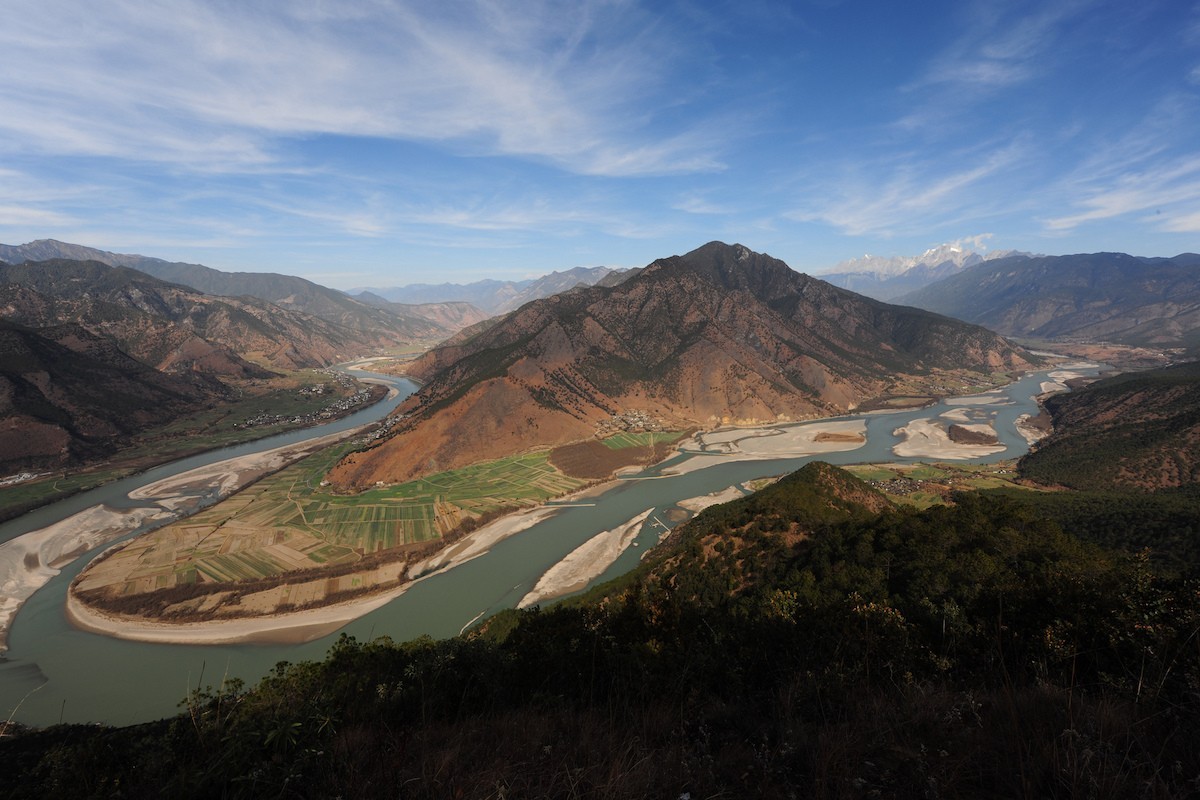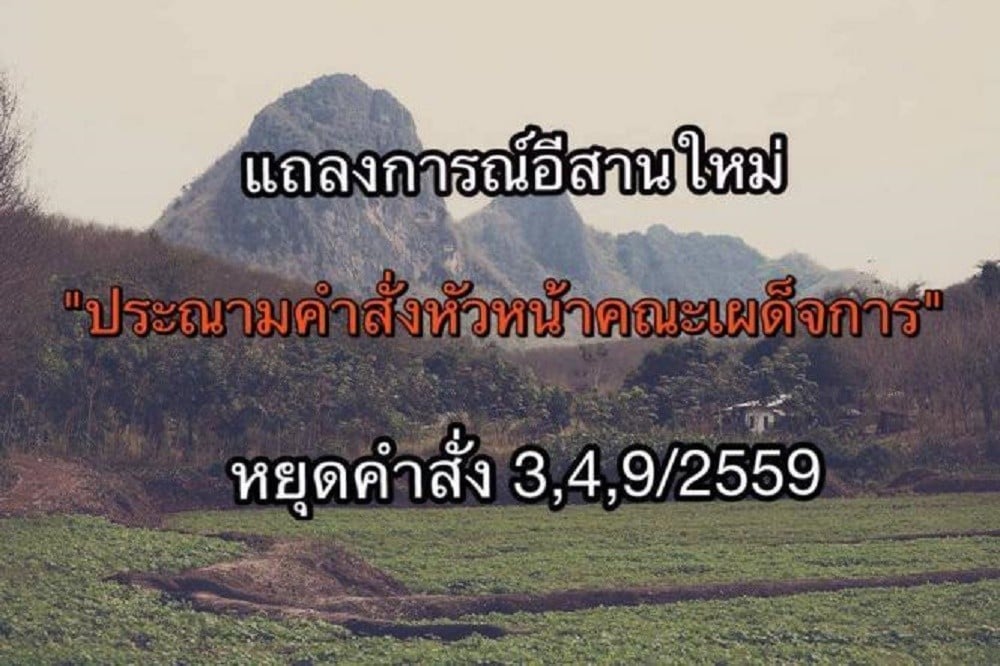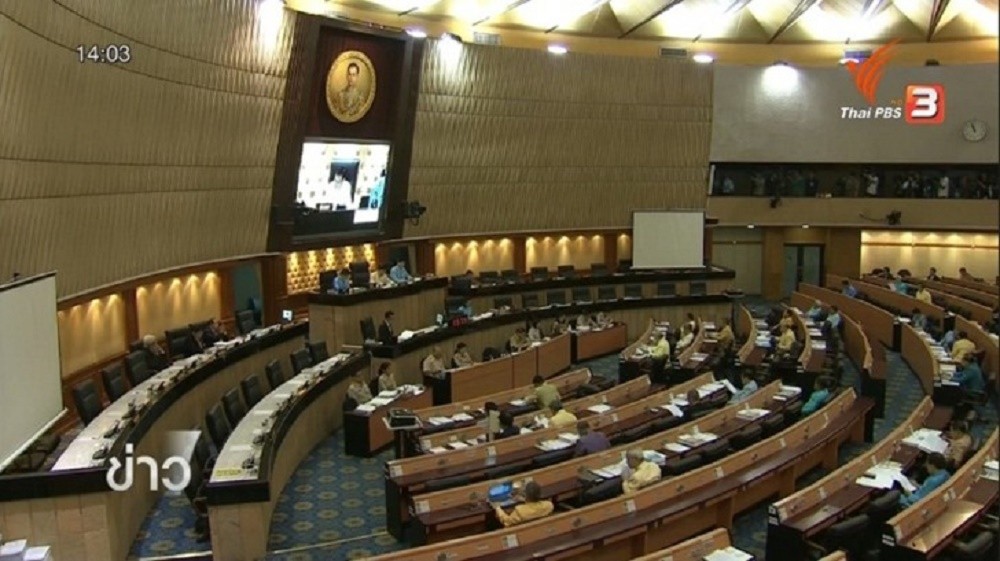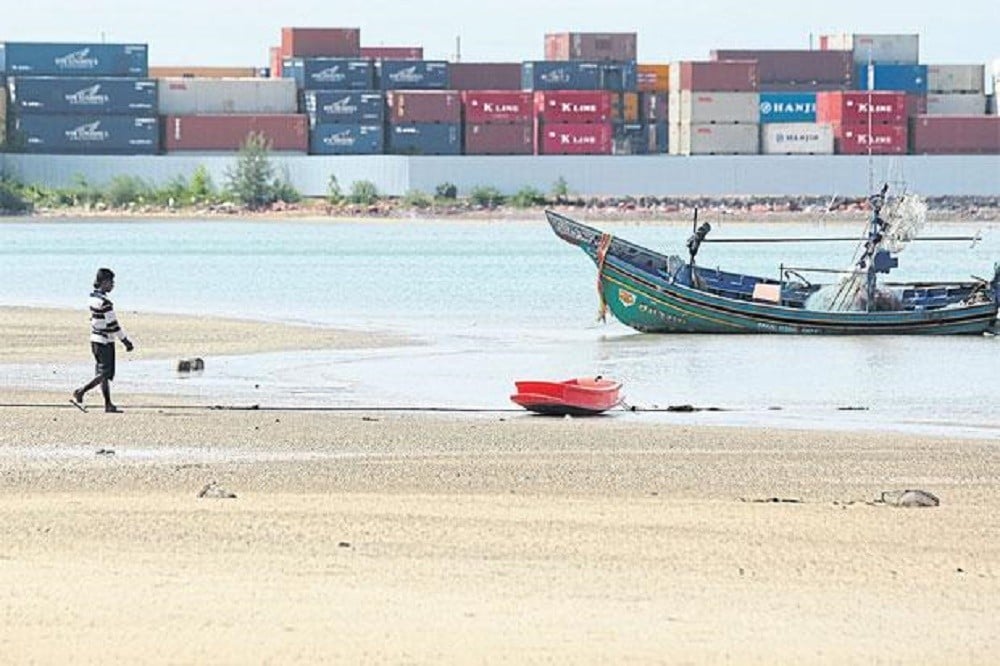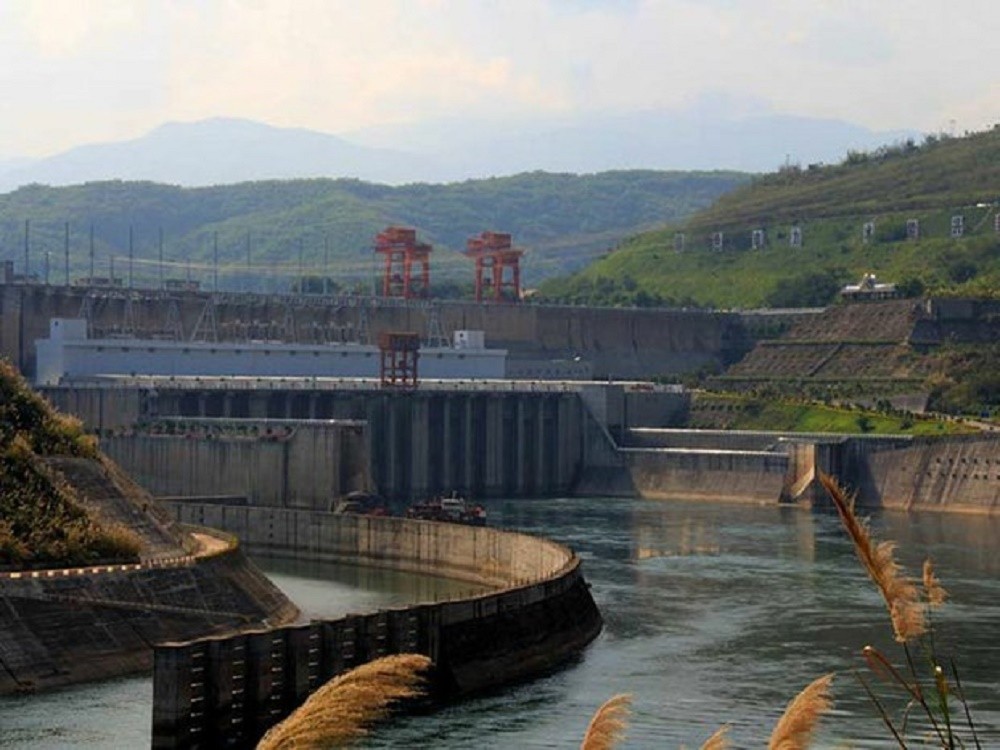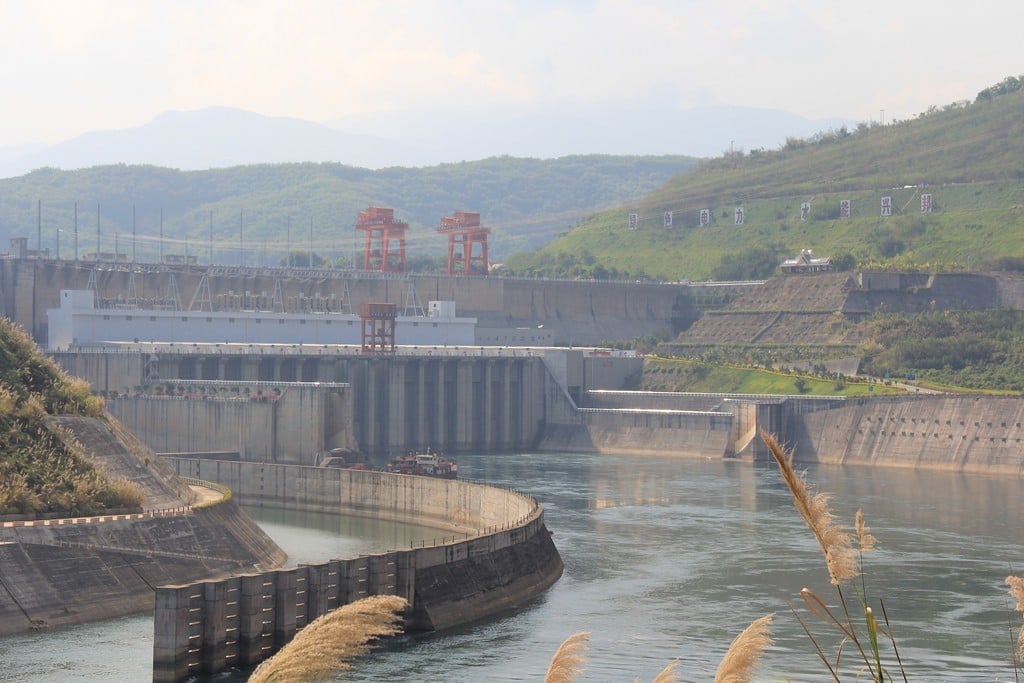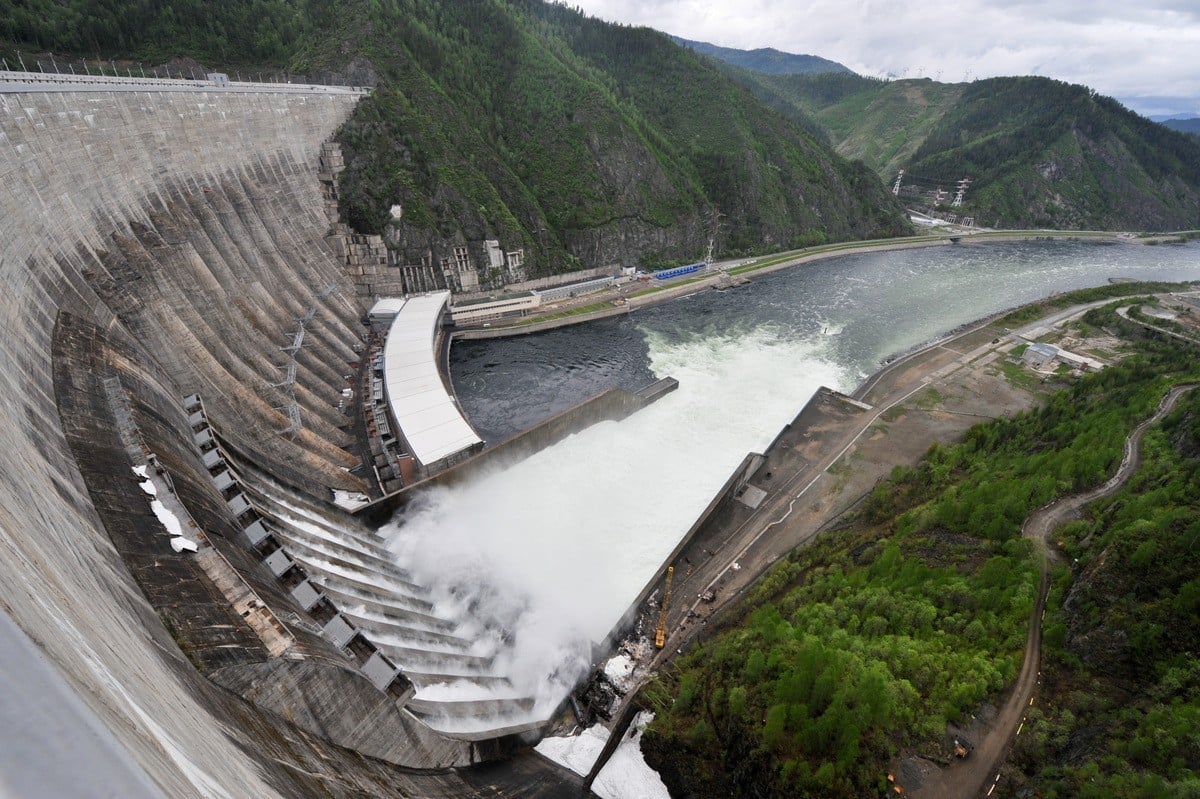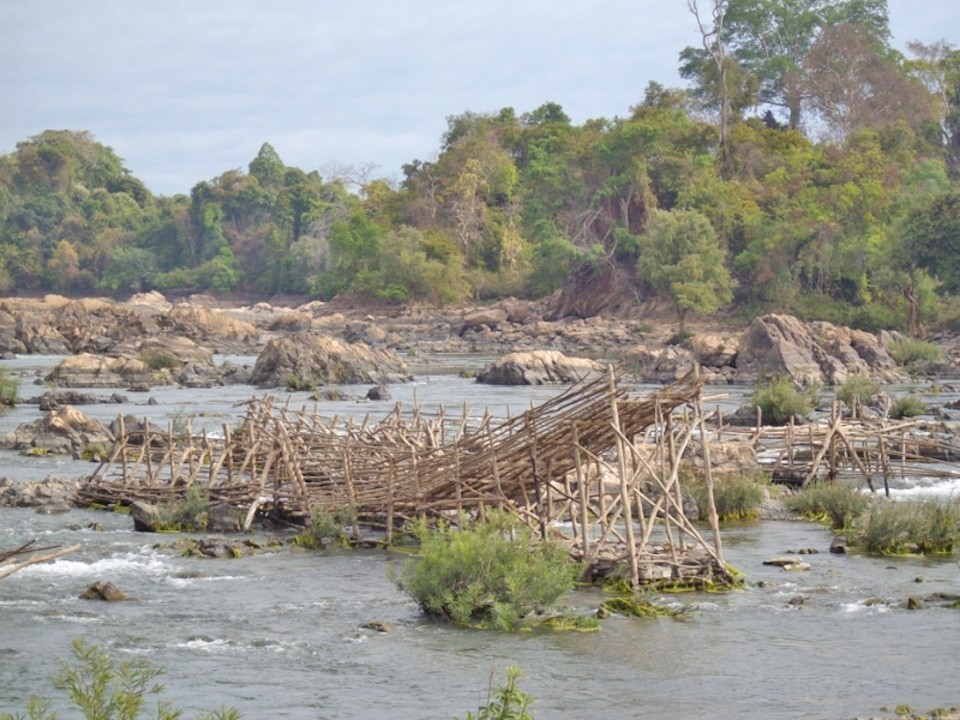China’s slowing economy would not seem a good time to scrap hydroelectric dam projects. That would seem especially so in southwest Yunnan’s Nu River valley, among the nation’s poorest regions. Yet provincial authorities have decided to put the way of life of villagers and the environment first by calling a halt to small-scale schemes. It is a hopeful sign for those in the area and downstream in Myanmar and Thailand who rely on the waters for their livelihoods.
The valley is a Unesco World Heritage site included for its scenery and biodiversity, accounting for 6,000 different types of plants and half of China’s animal and fish species. Plans in 2004 for a 13-dam cascade to be built in the upper reaches of the Nu were shelved under pressure the following year, but revived in 2013 on a lesser scale with an eye on meeting national renewal energy targets. The province’s Communist Party chief, Li Jiheng, said earlier this month that projects for coal mines and small hydro plants beside the river and on tributaries would not go ahead. In five to 10 years, with vegetation restored, the valley would be a tourist attraction rivaling the US’ Grand Canyon.


